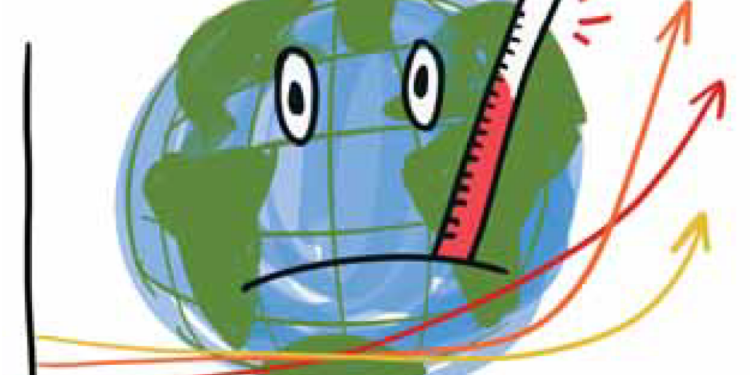by Dr David Bell, Daily Sceptic:

Public health has come into its own over the past few years: a once-backwater profession now promoted to be the arbiters of liberty and human relationships. Outbreaks of diseases associated with death at an average age of about 80, or even purely hypothetical, are now sufficient reason to close workplaces, close schools, upend economies and convince people to turn on their noncompliant neighbours. The result, while impoverishing many, has driven an unprecedented concentration of wealth.
TRUTH LIVES on at https://sgtreport.tv/
For the average public health professional, this new world order offers better opportunities. Once confined to writing training materials for clinic staff in remote forgotten villages or chasing up diarrhea cases from a local French deli, pandemics bring excitement, make headlines and generate good financial return for the sponsors as well as those serving them.
Generating the fear and compliance necessary to build this new and somewhat parasitic model of public health has been no mean feat. For decades, life expectancies have been rising globally while infectious disease deaths have plummeted. With modern medicine, antibiotics and the broad immunity ensured by a century of global travel and intermingling of peoples, the old cadence of regular pestilential outbreaks was broken, with nothing of real note globally since the Spanish Flu back in 1919. This is not an easy canvas to work with if the public must be convinced that things are getting worse.

COVID-19, on objective assessment, should also have provided little help, having appeared just down the road from the only high-security lab in China where the same type of bat virus was being genetically manipulated. It was an unlikely candidate to support a narrative of ever-increasing pandemic risk from a nature abused by humanity. But a subservient media dutifully got behind such a story, proving that Occam’s Razor can be dulled. While Covid alone could not support a long-term industry, it has served as a wonderful platform on which to build.
A few seeds can create a harvest
The COVID-19 response did not appear from nowhere. A public health stream concentrated on catastrophic responses to rare public health problems had been growing parallel to orthodox evidence-based approaches for a decade. From 2018 the World Health Organisation (WHO), with growing private funding, was working alongside CEPI, the new international partnership to use public money to develop private sector vaccines. Prioritising vaccine-based responses to outbreaks, WHO developed the concept of hypothetical diseases that could then justify investments of a magnitude that real world outbreaks could not. COVID-19 served as a template to see how such responses could be globalised, irrespective of individual risk.
If risk could be disconnected from reality, then the concept of diseases being existential threats to humanity could gain greater traction. This would then justify future investment that the self-appointed saviours of humanity may require. The exponential-increase concept, mainstreamed during Covid but actually illogical for disease outbreaks in which acquired immunity mitigates further threat, could supply the urgency needed to drive funding, and bypass laborious regulatory requirements. Any delay could be argued to be making matters exponentially worse. No national leader could survive the headlines such claims would generate. The pandemic industry, based on mirages but always retaining a kernel of demonstrable threat, had an almost unassailable business model.



